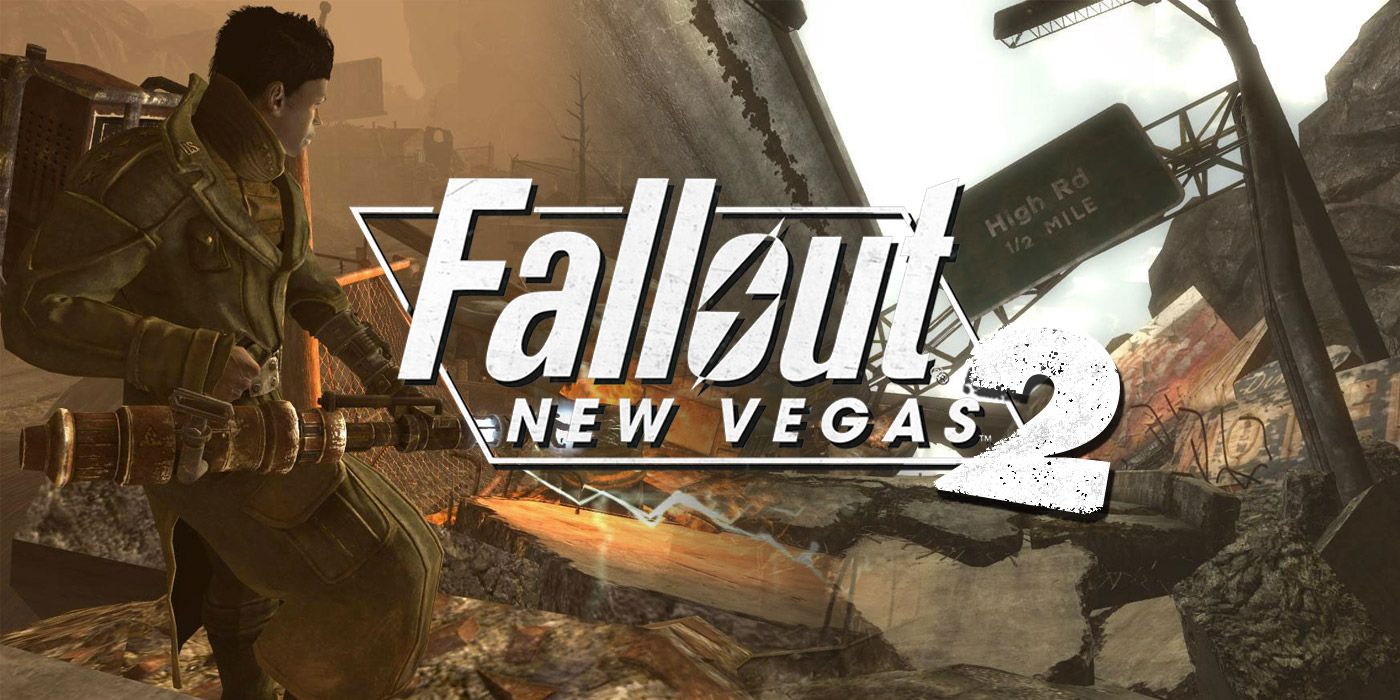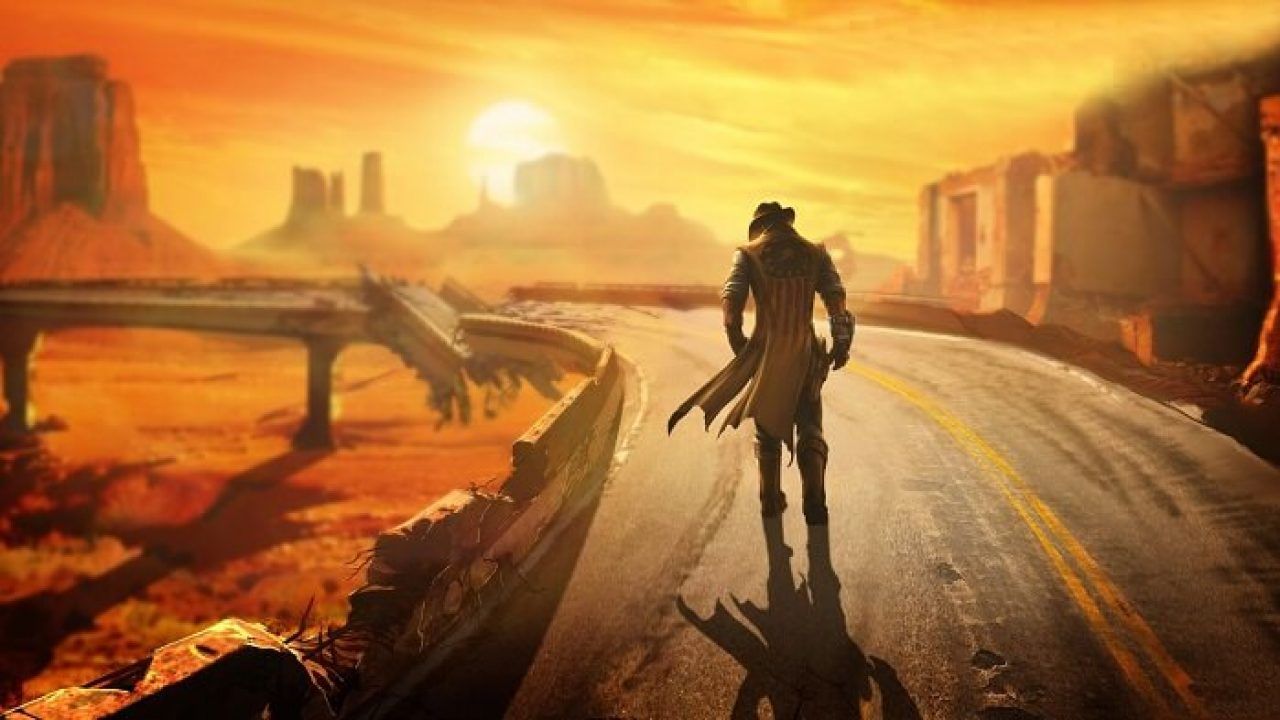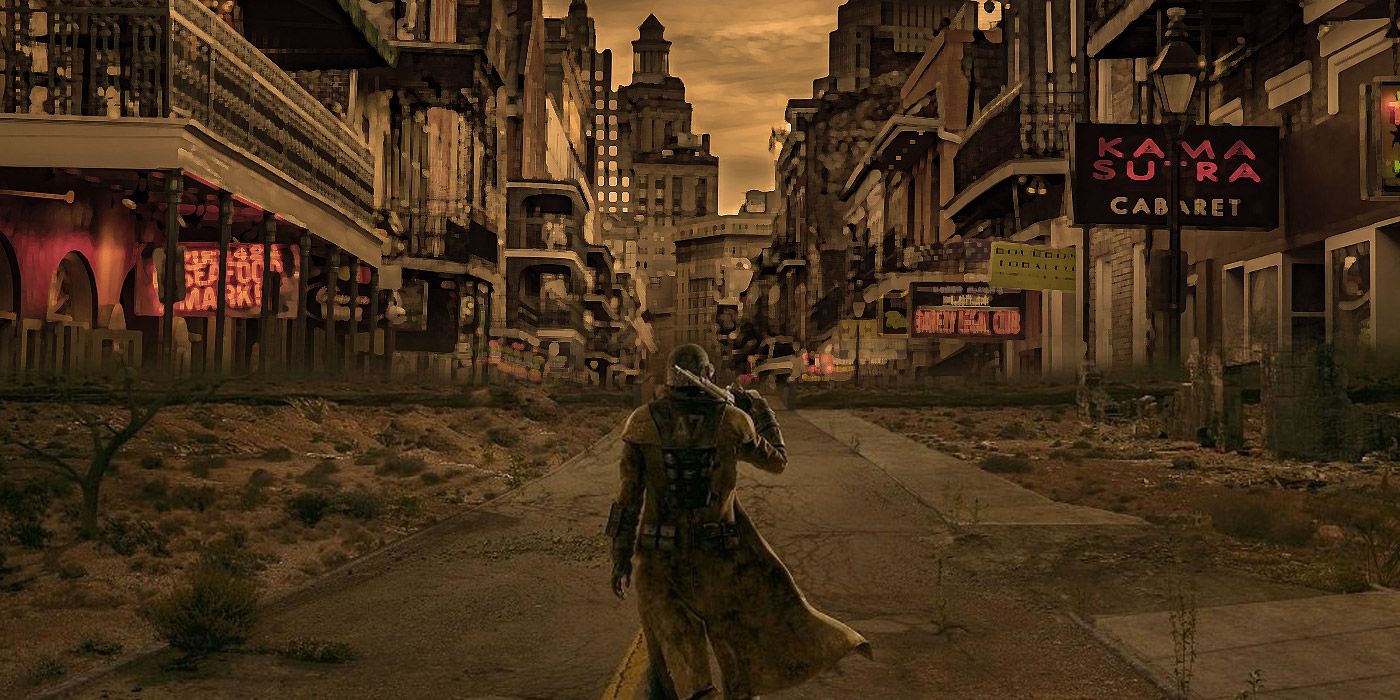Although the discussion around it has started to die down, there's still a real shock when considering that Microsoft is acquiring Bethesda. So many RPGs are under the Microsoft banner now, with Bethesda joining other giants like Obsidian Entertainment and InXile Entertainment. With Bethesda busy on Starfield and The Elder Scrolls 6, there's a case to be made to let another company use the IP to create a new Fallout game.
Of course, letting bygones be bygones means that this could be lent out to Obsidian to finally complete the long-demanded Fallout: New Vegas sequel. Regardless of whether or not it returns to the Mojave wasteland or goes down to the bayous of New Orleans, there's one lesson that it cannot forget.
Ulysses and the Lonesome Road
Simply put, The Lonesome Road DLC does something no other Fallout game has managed to do: force a player to effectively face themselves. Ulysses has a working theory that one person can change the future, for better or ill, and there's a level of meta-gaming there. Effectively all single-player RPGs have this, as even if tropes like the Chosen One are avoided, the PC is always the driving force of the game (in a good RPG anyway).
It all starts when Courier 6 delivers a package to Ulysses's new home in the Divide, accidentally triggering its underground war heads and nuking the town. Ulysses believes the Courier died until the beginning of New Vegas, where Ulysses is the courier who abandons the job. He believes that the Platinum Chip will be the dead of him, and in a way, Ulysses is right. It gets the courier shot in the head, kickstarting the entire event of the game.
What the Lonesome Road DLC reveals, though, is that Ulysses has been effectively acting against the Courier since that very day. Behind the scenes, Ulysses was effectively the antagonist behind Dead Money, Honest Hearts, and Old World Blues. He was responsible, in a roundabout way (which is everything about Ulysses), for Father Elijah kidnapping the Courier in the Sierra Madre, he taught the White Legs how to be strong and led to the War for Zion, and had a big role at the Big MT. In every way the player shapes the wasteland, so too did Ulysses, and his goal when confronting the player in the Divide is motivated out of revenge, but also intrigue: who had the right to shape the future more?
Fallout: New Orleans, New Vegas 2, or Any Future Game
This is an interesting concept because, effectively, both Courier 6 and Ulysses are two sides of the same coins, with the same abilities, intellect (arguably), and more. Courier 6 shapes the Wasteland in ways but responds unwittingly to the ways Ulysses shapes it. It's a relationship between PC and NPC that should be explored further. Whether or not the game is a spiritual successor in Fallout: New Orleans, a direct sequel in Fallout: New Vegas 2, or even for a game like Fallout 5, this should be a lesson.
That's not to say Ulysses or a Ulysses stand-in should appear and follow the same exact push-and-pull of the Courier and Ulysses, but instead, this type of relationship should play some role in the game. One where, intentional or otherwise, the landscape of the game changes and there's real repercussions because the player isn't the only capable of practically inhuman actions. Imagining that type of relationship is somewhat difficult, but at the same time, so too is a game where an unseen antagonist shapes the entire game and DLC run but manages to land so well as it does in Fallout: New Vegas.
Fallout: New Vegas 2 has not been confirmed.



